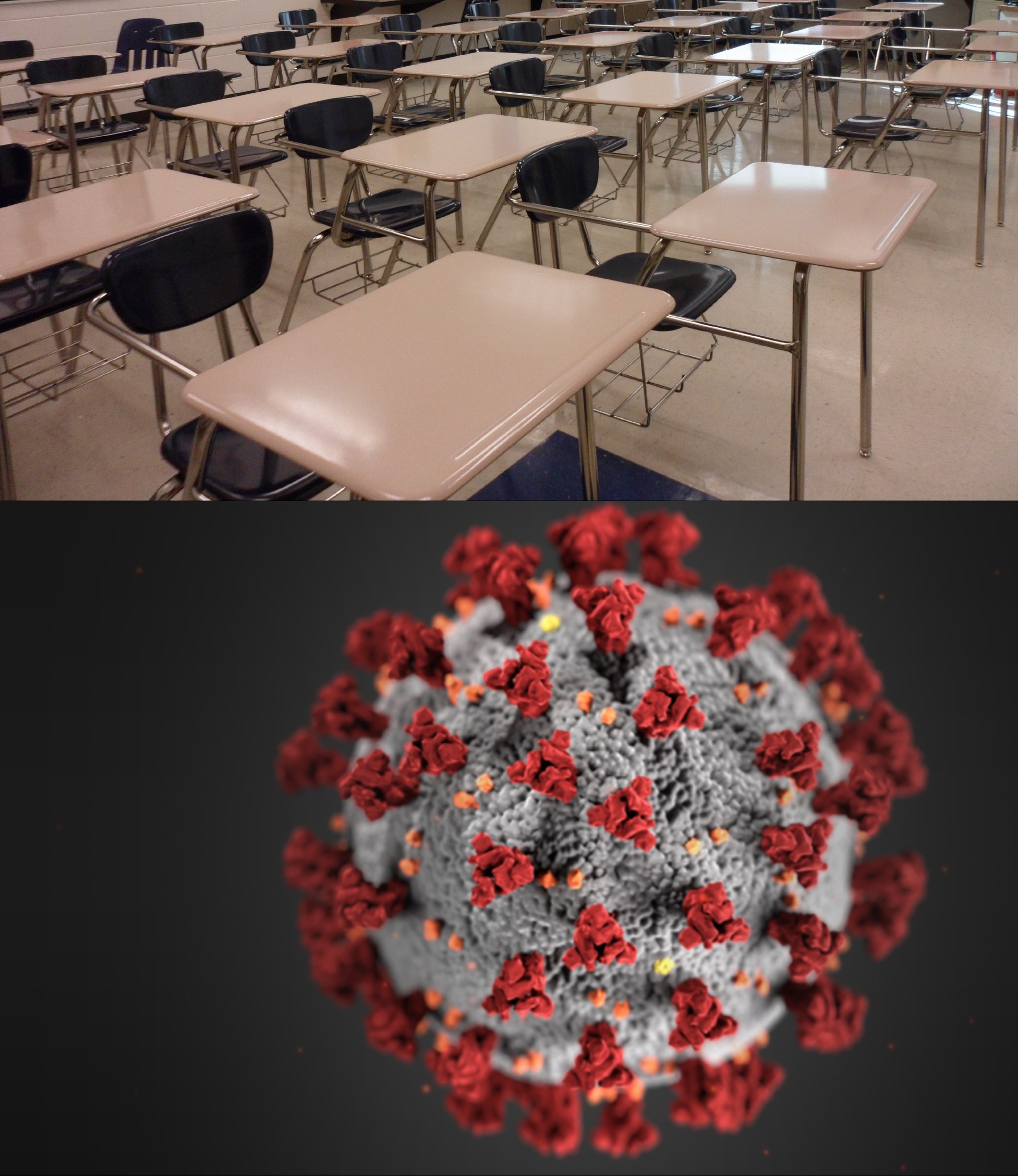
A recent investigation shows that most Florida school districts might not be doing enough to prevent the germs that cause more serious illnesses.
The investigation came after Ocala Post received dozens of emails from concerned parents and teachers alike. Parents say that waiting until something like this happens and then closing schools in order to sanitize, is too late. Parents feel that schools should be allowing teachers and janitors to properly sanitize schools year round.
The CDC recommends washing your hands for at least 20 seconds. However, not all children, especially Elementary children, properly wash their hands.
If a child does not properly wash his or her hands, the next best thing would be a squirt of hand sanitizer… except most schools do not allow alcohol-based hand sanitizers.
Some school officials say that they do not allow alcohol-based hand sanitizers due to the fact that it’s flammable, while others say they’re afraid that a student may eat the hand sanitizer.
So, if the school sanitizers that hang on the wall are not alcohol-based, what exactly is in the hand sanitizers that supposedly kills germs?
According to the label, benzalkonium chloride, an antibacterial ingredient.
Ocala Post reached out to the Department of Health, as well as the CDC, and asked if benzalkonium chloride is effective against COVID-19.
“The CDC recommends the use of alcohol-based hand sanitizers with greater than 60% ethanol or 70% isopropanol alcohol [against COVID-19],” the CDC stated in an email. “If someone cannot use hand sanitizer due to the alcohol content, their best bet would be to wash their hands with soap and water.”
DOH Public Information Officer, Audrey Stasko, said, “The CDC states that hand sanitizers without 60-95% alcohol; 1.) may not work equally well for many types of germs; and 2.) merely reduce the growth of germs rather than kill them outright.”
Many school districts also do not allow their janitors to use bleach to disinfect bathrooms or other common areas even after children have left the building.
Also, teachers from surrounding school districts are not allowed to use Clorox, or alcohol-based Lysol wipes as they are deemed flammable. They say that their hands are tied due to school district policies.
Some teachers, in an attempt to prevent the spread of germs, told Ocala Post that they have gone against policy and have been reprimanded for it.
Marion County is one of the few school districts which allows alcohol-based hand sanitizers. Citrus County, like many others, do not allow alcohol-based hand sanitizers.
Marion County Public School information officer, Kevin Christian, said Marion County allows its teachers and students to use hand sanitizer which meets CDC guidelines to eradicate viruses. Those hand sanitizers are alcohol-based.
What do you think? Should schools require alcohol-based hand sanitizers to be used?
This article is in reference to multiple school districts, not specifically MCPS.
